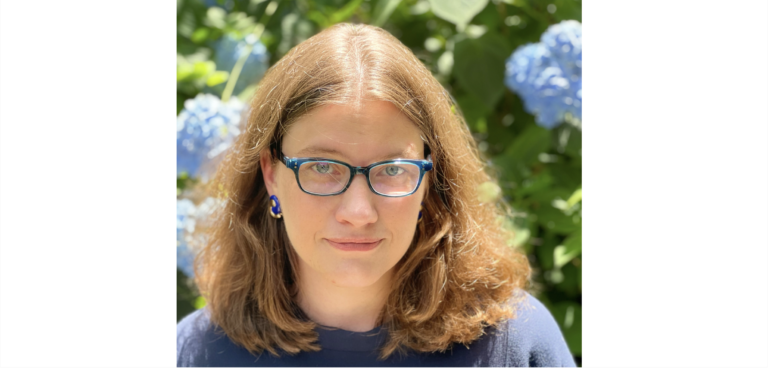Dr Sarah Kapnick has been named as the new chief scientist of the US National Oceanic and Atmospheric Administration (NOAA).
Kapnick will serve as the senior scientist for the agency, advancing policy and program direction for NOAA’s science and technology priorities. She is the third woman in NOAA’s history to be appointed to this role.
An executive with 18 years of experience at the intersection of climate science and economics, Kapnick was most recently a managing director at J.P. Morgan in the role of senior climate scientist and sustainability strategist for asset and wealth management.
Before joining J.P. Morgan in 2021, Kapnick was a deputy division leader for seasonal to decadal variability and predictability at NOAA’s Geophysical Fluid Dynamics Laboratory (GFDL) in Princeton, New Jersey. From 2011-2021, her work at GFDL included research on seasonal climate prediction, mountain snowpack, extreme storms, water security and climate impacts, including landslides and the market impacts of climate change.
Gina M Raimondo, US secretary of commerce, said, “I look forward to working with Dr Kapnick in her new role as NOAA’s chief scientist. I have no doubt that Dr Kapnick will play an important role in advancing the department’s goal of addressing the climate crisis by providing science, data and services to help communities and businesses become climate-ready.”
Dr Rick Spinrad, NOAA administrator, said, “I’m excited to welcome Sarah back to NOAA in this important capacity. She brings technical expertise in climate prediction and modeling, and real-world experience from the private and public sectors that will be valuable as NOAA leverages our full suite of science capabilities to build a ‘climate-ready nation’.”
Kapnick has served as a climate science expert for NOAA’s Small Business Innovation Research Program, NOAA’s Eastern Region Climate Team and the development of the Climate.gov website. She also led NOAA’s participation in NASA’s High Mountain Asia Team, a collaborative research project to study cryospheric change and associated hazards. She began her career working as an investment banking analyst with Goldman Sachs Group.
Kapnick said, “It is an honor to return to NOAA and serve as the chief scientist. Our products and services are integral not only to the daily lives of Americans but also in protecting property and supporting commerce. The continuous development of our science- and climate-related products will be critical to support the economy, address climate change and ensure healthy oceans.”
Kapnick is a member of the American Geophysical Union, American Meteorological Society and American Association for the Advancement of Science. She received a PhD in Atmospheric and Oceanic Sciences with a Certificate in Leaders in Sustainability from the University of California, Los Angeles, and an AB in Mathematics with a Certificate in Finance from Princeton University.



